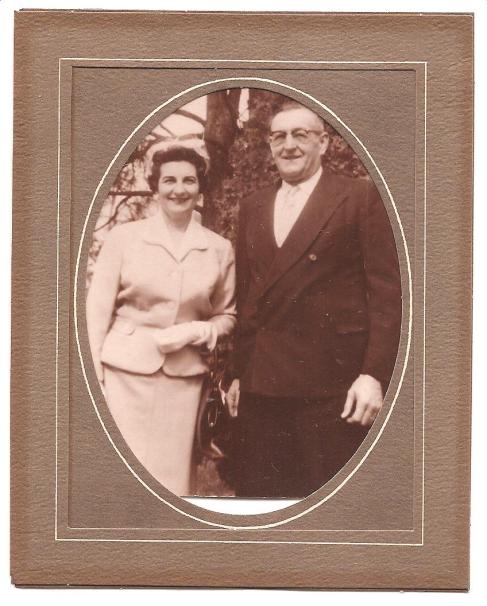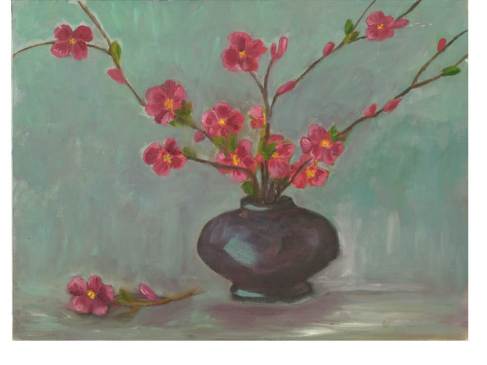
I spent the morning picking blueberries at an organic, u-pick blueberry farm near by. I’m thrilled to make those tasty berries into sweet blueberry jam, but more about that later in the week. By noon, me, my best friend from elementary school, and her two children, had already picked a whopping ten pounds. That’s pretty good for two little ones less than three feet tall!! I apologize if this seems like a side note, I promise I’m getting to the poetry folks, long story short, we only picked until noon because by then it was already triple digits. And now, at 5:30 in the evening it’s still 106 degrees outside. Don’t get me wrong, I love the heat, but today got me thinking about the phrase “dog days of summer.”
Because it is sweltering outside (at least where I live) I’ve decided to dedicate this Poetry Monday to the dogs. Today, all of our poems will be coming from Bruce Guernsey’s collection titled From Rain: Poems, 1970-2010.

I purchased this collection while under the impression that I would need it for a poetry course, however, the collection was not on the syllabi. When I asked our professor if I should send it back in the mail, she firmly said no. She told me to read it front to back, treasure it, and learn from Guernsey’s use of every-day objects in his poetry. The back of the collection’s cover says the following, and I know that’s just why Laurie Lamon told me to hold on to it:
In simple, spare language the poetry in FROM RAIN: Poems 1970-2010 examines the common objects around us as if they were clues to solving some kind of mystery. Ice, glass, stones, moss, and similar inanimate things take on meaning as the poet seeks to answer who and why we are.
Although I haven’t had time to read the collection through, I can contest Guernsey is using objects in this way with his poetry. Below I will include three poems included in this collection, all having something to do with the subject of dogs. I assure you this won’t be the last you hear about him on this blog, as I have found many other favorites of mine.
THE LADY AND THE TRAMP
As my mother’s memory dims
she’s losing her sense of smell
and can’t remember the toast
blackening the kitchen with smoke
or sniff how nasty the breath of the dog
that follows her yet from room to room,
unable, himself, to hear his own bark.
It’s thus they get around,
the wheezing old hound stone deaf
baying like a smoke alarm
for his amnesiac mistress whose back
from petting him is bent forever
as they shuffle toward the flaming toaster
and split the cindered crisp that’s left.
I think this is beautiful. My favorite image is of the woman’s bent back, and how the speaker contributes it to petting her animal and friend. I also love how Guernsey gets away with using the word “nasty” in a poem. This next one points out a truth that is so commonplace, we often overlook it; Guernsey makes it new.
SOMETIMES FOR HOURS
At my feet my dog,
a pastoral scene,
master and beast,
except in his dream
he’s chasing a car,
flinching awake
as the wheels hit–
the way we do
falling through sleep
suddenly saved.
What the mind questions,
the heart believes
and we lie there reasoning,
afraid.
The dog instead
scratches his ear,
nips at a flea
and is soon back twitching.
And the last one is just for fun.
THE SEEING-EYE DOG
sneaks out nights,
cool in beret,
his master’s dark glasses,
sips cointreau
at the dog cafe
and watches;
is the poet of dogs
with a voice that sees
for the man who can’t,
that speaks the meaning
of read, of green;
is the loneliest dog
at the dog cafe
where hounds down suds
and the barking
is loud.



